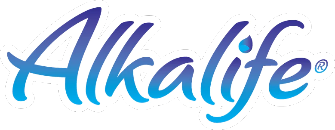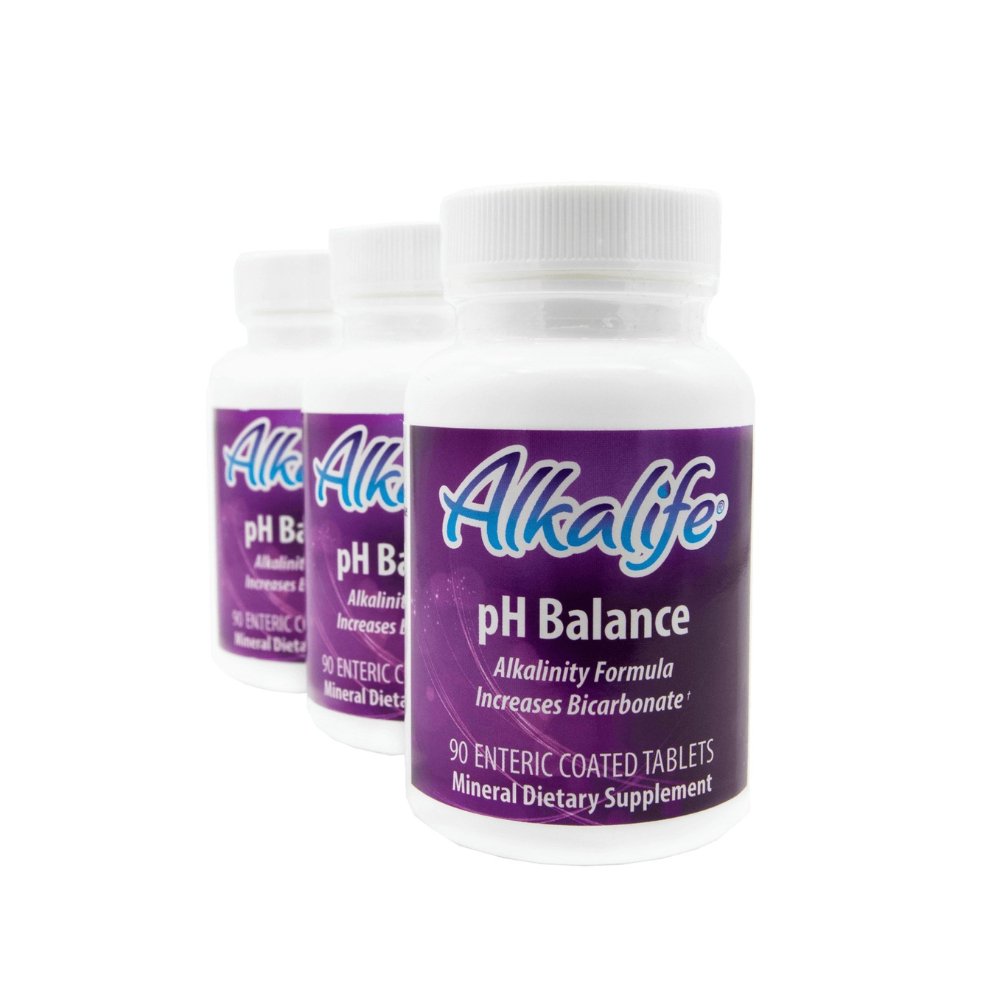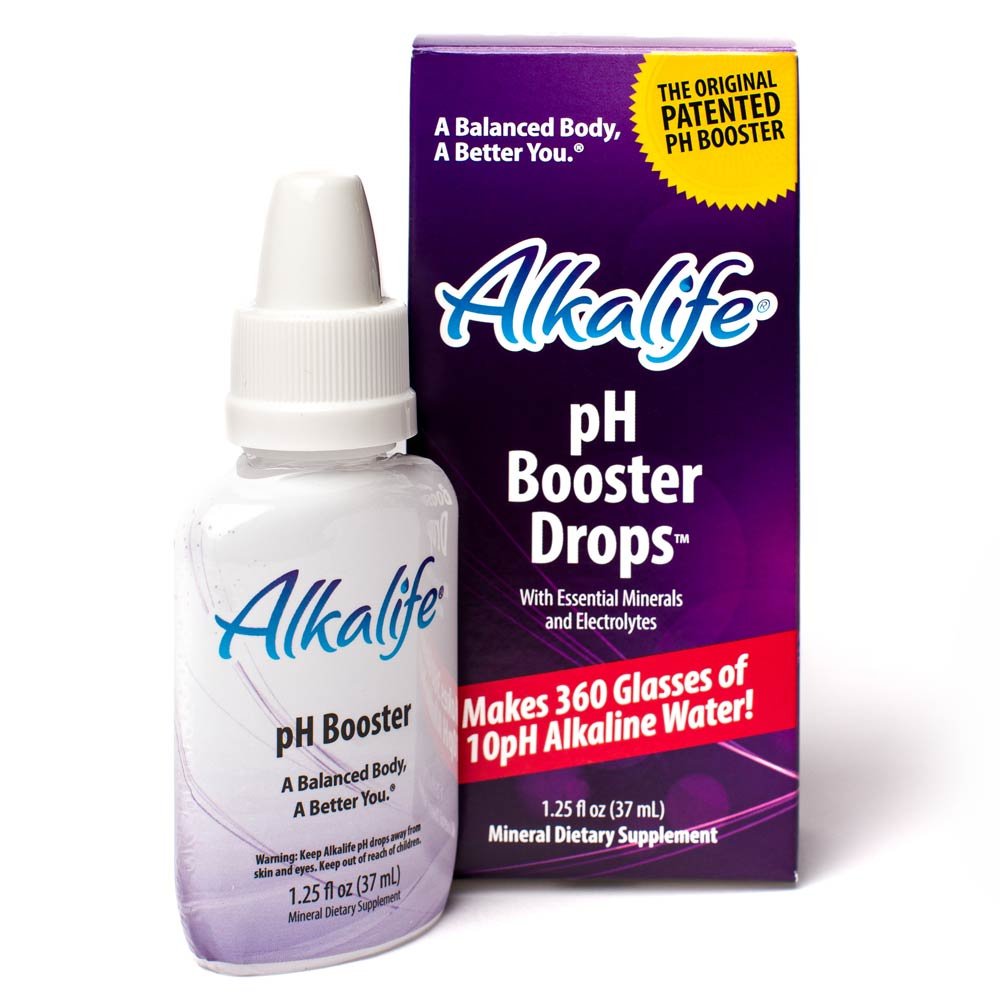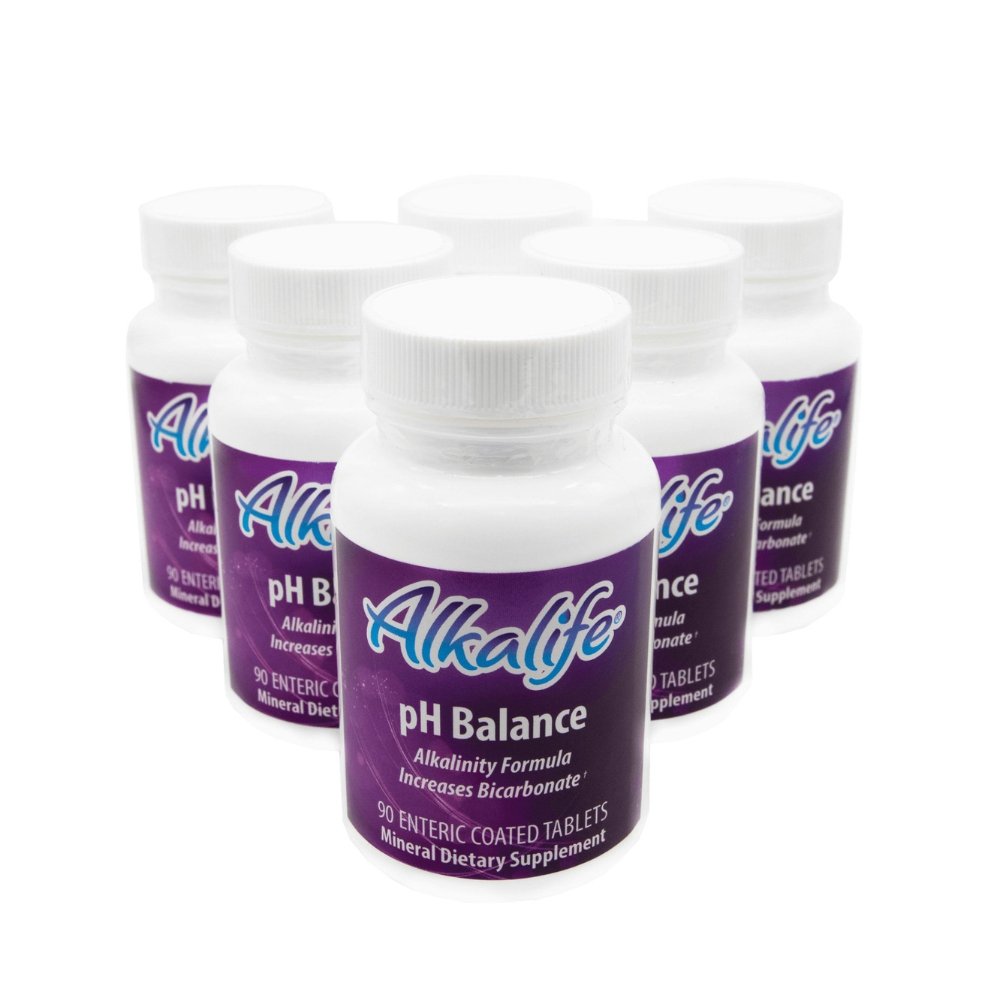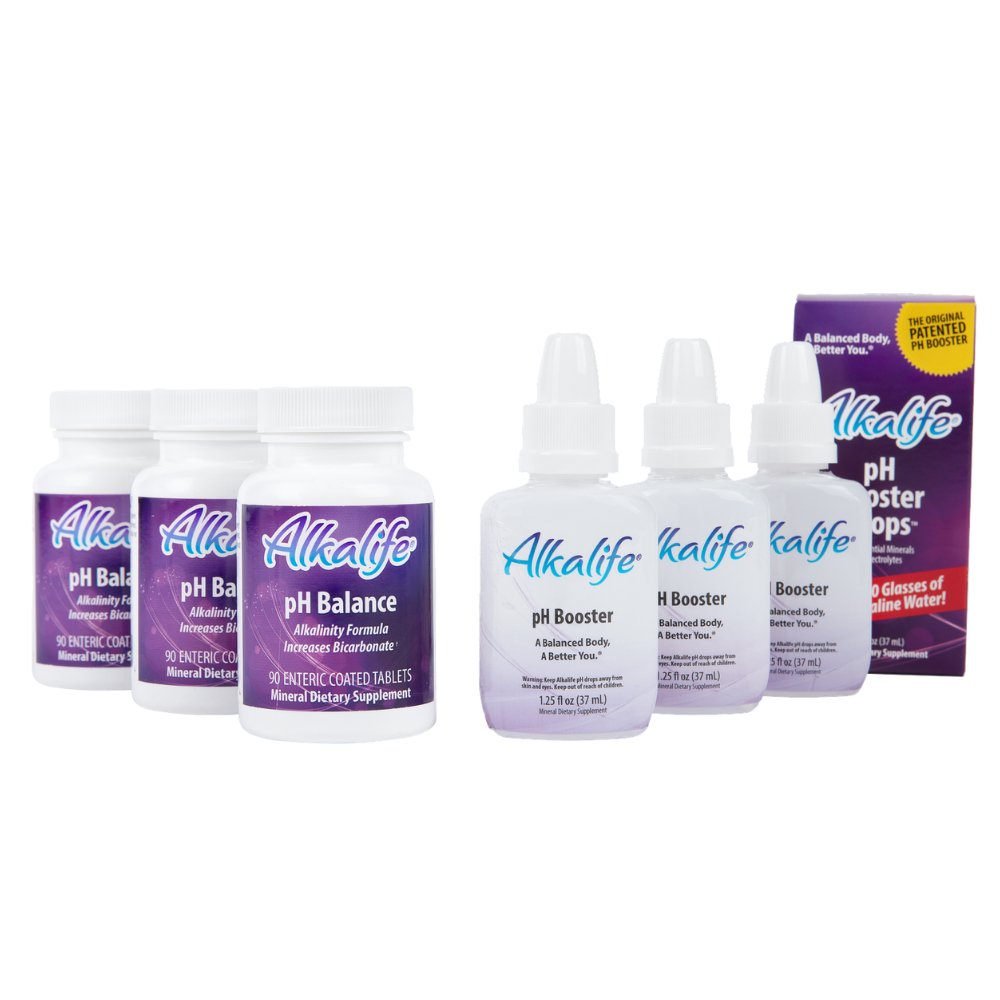Free US Shipping $49+ | 60 Day Money Back Guarantee
Free US Shipping $49+ | 60 Day Money Back Guarantee
Electrolytes vs. Water : What Your Body Needs After a Tough Workout
July 15, 2025 4 min read

Guest Post by Laura Watkins
Introduction to Electrolytes and Hydration:

Maintaining optimal health after strenuous workouts requires a good balance of both water and electrolytes. Electrolytes such as sodium, potassium, calcium, and magnesium—are charged minerals essential for muscle contraction, nerve signaling, fluid balance, and nutrient transport within the body.
During exercise, electrolytes and fluids are lost through sweat. This loss can disrupt muscle function and recovery, and may lead to symptoms like cramps and fatigue. Electrolytes also help maintain the body's acid-base balance, which is crucial for normal cellular activity. Imbalances can result in serious conditions like hyponatremia or hyperkalemia. To support overall performance and recovery, incorporating nutrition supplements that contain essential electrolytes can be highly beneficial.
Hydration supports body temperature regulation, joint lubrication, and overall cellular function. Because physical activity speeds up fluid and electrolyte loss, it’s important to promptly replenish both water and electrolytes, especially sodium and potassium during prolonged or intense exercise, to support recovery and maintain performance.
Importance of Hydration after Exercise:

After a workout, your body is in a state of dehydration due to fluid loss through sweat and increased metabolic rate. This dehydration can lead to reduced blood volume, increased heart rate, and impaired thermoregulation, all of which can affect your subsequent performance.
Rehydrating after exercise helps in several ways. It aids in nutrient transportation and waste removal, which are critical processes for muscle recovery and repair. Maintaining adequate hydration levels ensures that your body can effectively regulate its temperature, which is particularly important in hot environments or during intense training sessions.
A general guideline is to drink about 16-24 ounces of fluid for every pound of body weight lost during exercise. However, this can be adjusted based on personal requirements and the availability of electrolyte-rich fluids.
Electrolytes vs. Water: Key Differences

While both electrolytes and water are essential for hydration, they serve distinct purposes in the body. Water regulates body temperature and aids in nutrient transportation but does not replace electrolytes lost during sweating.
Electrolytes are charged ions crucial for maintaining fluid balance, muscle function, and nerve signaling. During prolonged or intense exercise, plain water may not be enough to replenish what is lost.
Here is a simple comparison:
|
Aspect |
Water |
Electrolytes |
|
Function |
Hydration |
Electrical charge, fluid balance |
|
Key Components |
H2O |
Sodium, potassium, calcium, magnesium |
|
Lost Through |
Urine, sweat, respiration |
Sweat |
|
Role in Exercise |
Regulates temperature, transports nutrients |
Muscle contractions, nerve function |
Understanding these differences can help you tailor your hydration strategy more effectively, ensuring that both your fluid and electrolyte needs are met.
When to Choose Electrolytes over Water:

In situations where you are engaged in high-intensity or long-duration exercise, electrolyte-rich beverages are generally recommended. This is because extended physical activity leads to substantial electrolyte loss, which plain water cannot replace.
Electrolytes are particularly important in hot and humid conditions where sweat rates are higher. In these environments, the risk of electrolyte imbalance increases, which can lead to dehydration, muscle cramps, and fatigue.
On the other hand, for short-duration or low-intensity workouts, water is usually sufficient for rehydration. If you're not sweating heavily or for prolonged periods, your electrolyte requirements may not be significantly elevated, allowing you to rely on water to meet your hydration needs.
Signs of Electrolyte Imbalance:

Electrolyte imbalances can manifest as muscle cramps, fatigue, dizziness, and irregular heartbeat. These symptoms occur because electrolytes are vital for muscle function and nerve signaling, and any disruption can affect these physiological processes.
Severe electrolyte imbalances can lead to more serious conditions such as hyponatremia, characterized by low sodium levels, or hyperkalemia, where potassium levels are excessively high. Both conditions require medical attention and can have significant health implications if not addressed promptly.
Regularly monitoring your hydration status, especially during intense workouts, can ensure that you are maintaining an appropriate balance of electrolytes and fluids.
Best Sources of Electrolytes:
Some of the best sources of electrolytes include:
- Fruits and Vegetables: Bananas, oranges, and avocados are rich in potassium. Leafy greens and tomatoes are excellent sources of magnesium and calcium.
- Dairy Products: Milk and yogurt provide calcium and potassium.
- Nuts and Seeds: Almonds, cashews, and sunflower seeds are high in magnesium.
- Sports Drinks: These are specifically formulated to replace lost electrolytes during exercise.
- Coconut Water: A natural alternative to sports drinks, coconut water contains sodium, potassium, and magnesium.
Incorporating a variety of these sources into your diet can help maintain a balanced electrolyte level, particularly if you're active and frequently lose electrolytes through sweat.
Hydration Tips for Post-Workout Recovery:

Here are some tips to help you stay hydrated and support your body's recovery processes:
- Weigh Yourself: Weighing yourself before and after a workout can help determine how much fluid you've lost and need to replace.
- Drink Regularly: Instead of consuming large amounts of fluid at once, drink small amounts regularly throughout the day.
- Monitor Urine Color: Light yellow urine generally indicates adequate hydration, while dark urine suggests that you need more fluids.
- Include Electrolytes: After intense workouts, consider adding an electrolyte supplement or sports drink to your hydration routine.
These tips help you stay hydrated for effective recovery and readiness.
Conclusion:
Understanding the roles of electrolytes and water in post-workout hydration is essential for optimizing recovery and performance. Striking the right balance between the two can enhance your athletic performance and ensure effective recovery. It's important to tailor your hydration strategy based on the intensity and duration of your exercise, as well as environmental conditions.
Also in News

Hydration and Mental Clarity: Does pH-Balanced Water Affect Focus
December 01, 2025 6 min read
Read More